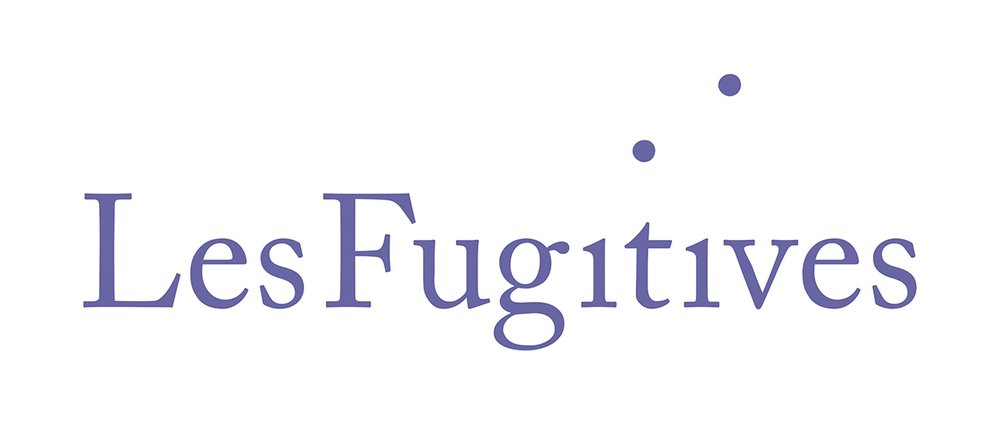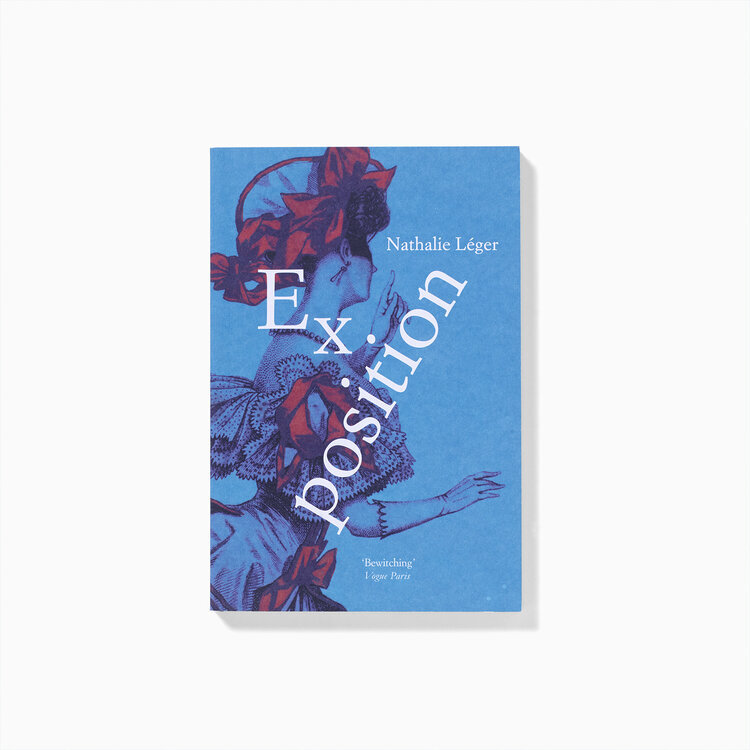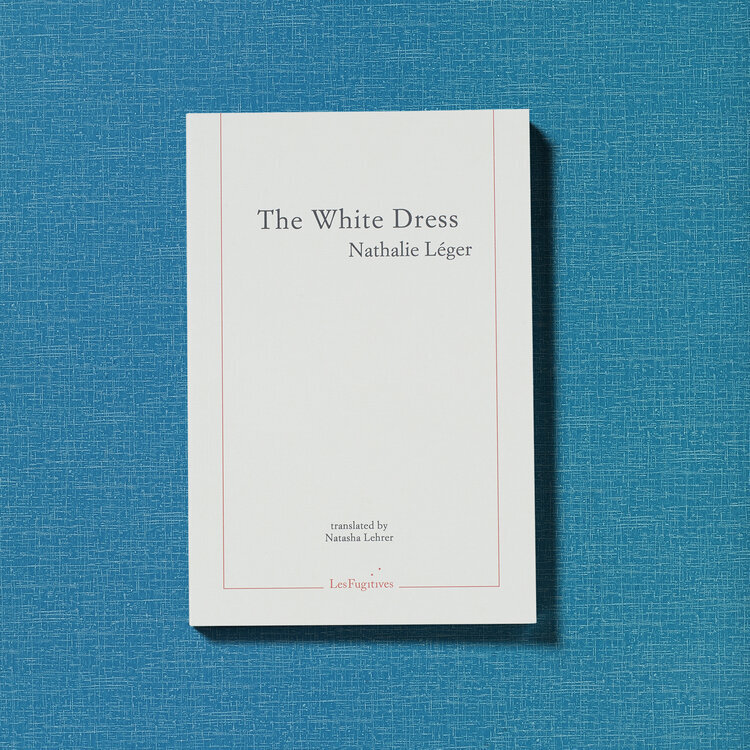Nathalie Léger
Nathalie Léger was born in 1960 and is the author of several critically acclaimed short works blending autofiction and narrative non-fiction. She is the director of the Institut Mémoires de l’édition contemporaine (IMEC), based in Paris and the Abbaye d'Ardenne, Caen (France). She has curated exhibitions on Roland Barthes and on Samuel Beckett for the Pompidou Centre in 2002 and 2007. Her UK debut Suite for Barbara Loden garnered intense critical acclaim on both sides of the Atlantic and was translated into several European languages. It is credited as being instrumental to the re-release, in American film theatres, of Barbara Loden’s cult masterpiece Wanda (1970).
Suite for Barbara Loden was translated by Natasha Lehrer and Cécile Menon., Exposition was translated by Amanda DeMarco, The White Dress was translated by Natasha Lehrer.
Related articles and media:
On translating Nathalie Léger’s Exposition, ‘Obsession’ by Amanda DeMarco, written for The Paris Review.
‘I’ve just re-read Suite for Barbara Loden by Nathalie Léger, translated by Cécile Menon and Natasha Lehrer, as well as the two forthcoming books that form a trilogy with that one: The White Dress, also translated by Lehrer, and Exposition, translated by Amanda Demarco. All three defy categorisation – history, essay, memoir, fiction. I admire the wholeness and agility of these works very much.’
— Catherine Lacey, iNews
‘Léger’s writing is concerned with the value of its own creation, of its possibility to respond to what she terms elsewhere the ‘annihilation’ of narrative through male violence. This writing is made through doubt about its own capacities, and its own efficacies. But I think there is a benefit to faltering at the possibilities of expression.’
— Katie Da Cunha Lewin, The White Review
‘it’s interesting to note the complex, often unlikeable nature of Léger’s characters: the author’s own self-interrogations have drawn her to those who, like her mother, like Léger herself, are not strong, straightforward, feminist heroes. Instead, they are women who, resolved as they are to eschew the determining nature of the male gaze, to reject their traditional exhibitionist role, continue to struggle with their own sense of being.’
— Rachel Andrews, The Stinging Fly




